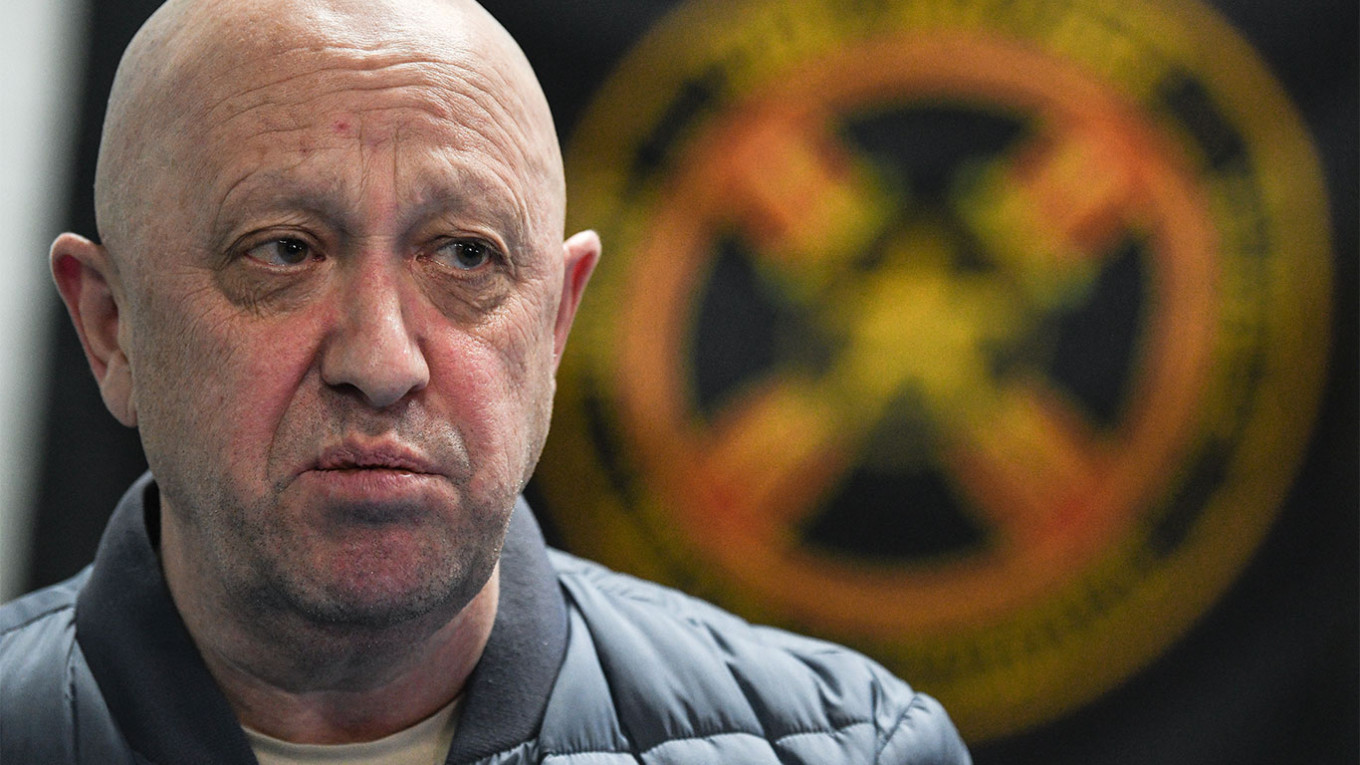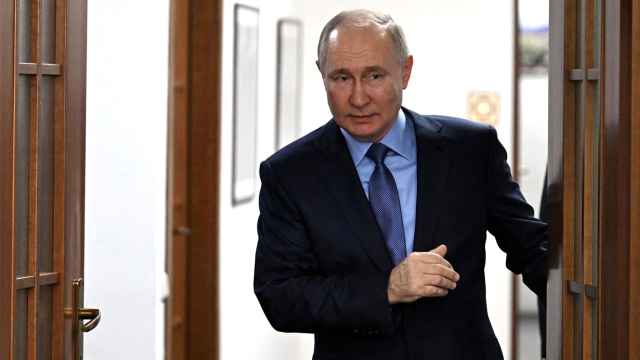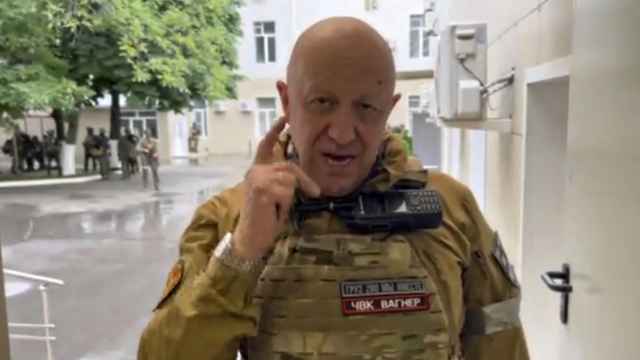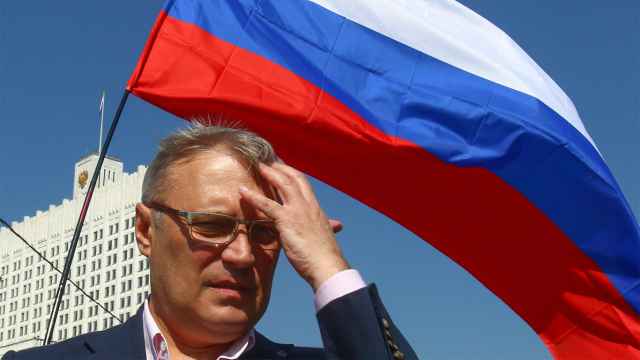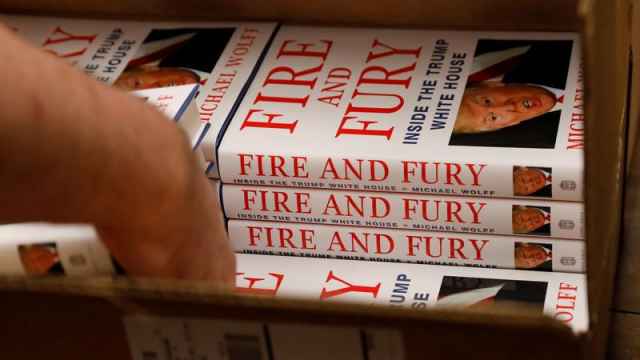President Vladimir Putin met with Russia’s Wagner mercenary leader Yevgeny Prigozhin and his fighters after their failed mutiny, the Kremlin confirmed Monday.
Kremlin spokesperson Dmitry Peskov told reporters that Putin had welcomed Prigozhin and 34 Wagner commanders at the Kremlin on June 29.
“The commanders themselves outlined their version of events, emphasizing that they are soldiers and staunch supporters of the head of state and the supreme commander-in-chief,” Peskov said.
“They also said that they are ready to continue fighting for the motherland,” he added.
Earlier Monday, the French newspaper Libération, citing Western intelligence officials, first reported the Kremlin meeting, saying it had taken place on July 1. The head of the National Guard Viktor Zolotov and Russian spy chief Sergei Naryshkin were said to have been in attendance.
Belarusian President Alexander Lukashenko — who mediated a deal between Prigozhin and Putin to end the political crisis caused by Wagner’s mutiny — said the private army chief remained in Russia as of last week.
Reports citing flight tracking services suggest that a private jet linked to Prigozhin returned to Russia this week after flying to Belarus.
In the days following Wagner’s rebellion, Putin made several public appearances as part of an apparent PR campaign to shore up support for the Russian leader.
At the June 29 meeting, Putin “assessed” Wagner’s actions on the Ukrainian frontline and their short-lived march toward Moscow from southern Russia, according to the state-run newspaper Rossiiskaya Gazeta.
The president offered the Wagner fighters “employment and combat options,” the publication added.
Peskov did not disclose whether Defense Ministry officials who had feuded with Prigozhin attended the talks.
A Message from The Moscow Times:
Dear readers,
We are facing unprecedented challenges. Russia's Prosecutor General's Office has designated The Moscow Times as an "undesirable" organization, criminalizing our work and putting our staff at risk of prosecution. This follows our earlier unjust labeling as a "foreign agent."
These actions are direct attempts to silence independent journalism in Russia. The authorities claim our work "discredits the decisions of the Russian leadership." We see things differently: we strive to provide accurate, unbiased reporting on Russia.
We, the journalists of The Moscow Times, refuse to be silenced. But to continue our work, we need your help.
Your support, no matter how small, makes a world of difference. If you can, please support us monthly starting from just $2. It's quick to set up, and every contribution makes a significant impact.
By supporting The Moscow Times, you're defending open, independent journalism in the face of repression. Thank you for standing with us.
Remind me later.


